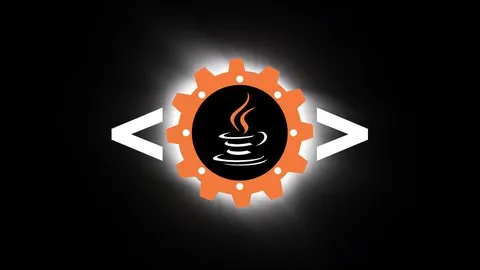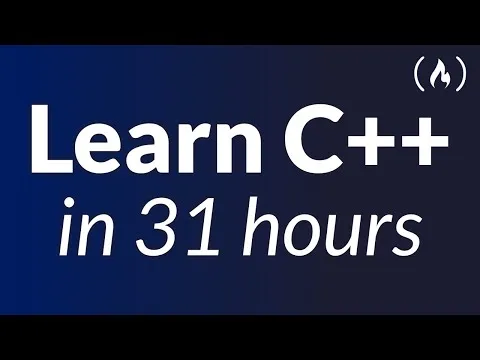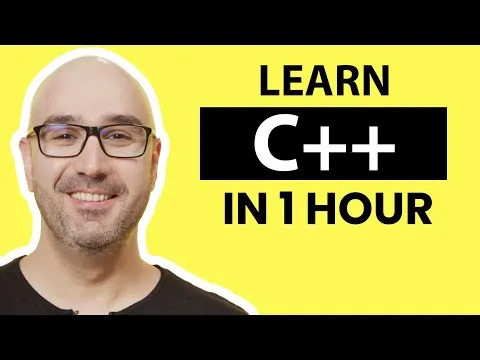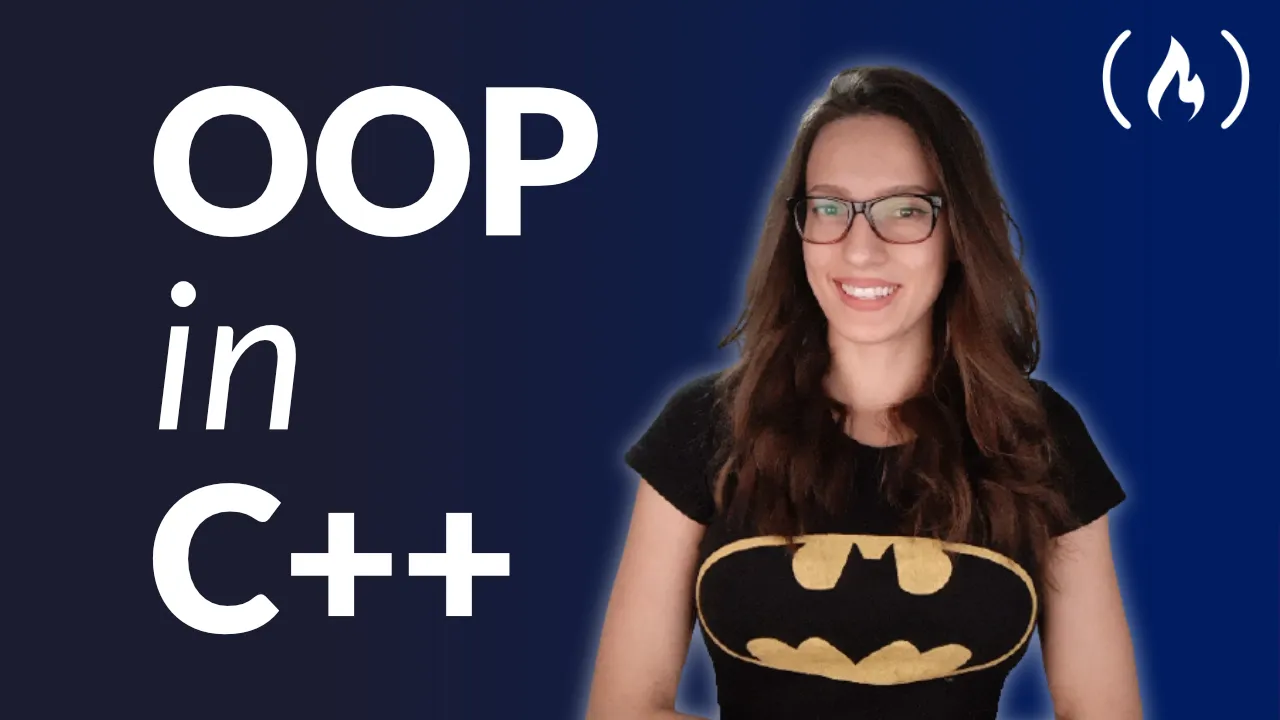
C++ Programming: Basic Skills 
This course provides a comprehensive introduction to C++ programming and core Computer Science topics. It is suitable for beginners with no coding experience, allowing them to write and run their first C++ program in minutes without any installation. Learners will gain a solid foundation of the language and its applications. ▼
ADVERTISEMENT
Course Feature
![]() Cost:
Cost:
Free
![]() Provider:
Provider:
Edx
![]() Certificate:
Certificate:
Paid Certification
![]() Language:
Language:
English
![]() Start Date:
Start Date:
Self paced
Course Overview
❗The content presented here is sourced directly from Edx platform. For comprehensive course details, including enrollment information, simply click on the 'Go to class' link on our website.
Updated in [March 06th, 2023]
This course, C++ Programming: Basic Skills, is designed for learners with no coding experience. It provides a solid foundation of not just C++, but core Computer Science topics that can be transferred to other languages. Learners will be able to code and run their first C++ program in minutes without installing anything.
The modules in this course cover printing, operators, iteration (i.e., loops), selection (i.e., conditionals), and vectors (i.e. arrays). To allow for a truly hands-on, self-paced learning experience, this course is video-free. Assignments contain short explanations with images and runnable code examples with suggested edits to explore code examples further, building a deeper understanding by doing. Learners will benefit from instant feedback from a variety of assessment items along the way, gently progressing from quick understanding checks (multiple choice, fill in the blank, and un-scrambling code blocks) to small, approachable coding exercises that take minutes instead of hours.
[Applications]
Upon completion of this course, learners are encouraged to apply their newfound knowledge of C++ programming to create their own programs. Learners can also use the concepts learned in this course to explore other programming languages. Additionally, learners can use the skills acquired in this course to develop more complex programs and applications.
[Career Paths]
1. Software Developer: Software developers use C++ to create applications and programs for a variety of industries. They are responsible for designing, coding, testing, and debugging software. As technology advances, software developers must stay up to date with the latest trends and tools in order to create the most efficient and effective programs.
2. Database Administrator: Database administrators use C++ to create and maintain databases. They are responsible for ensuring the accuracy and integrity of data, as well as developing and implementing database security measures. With the increasing demand for data storage and analysis, database administrators must stay up to date with the latest trends and tools in order to create the most efficient and effective databases.
3. Network Engineer: Network engineers use C++ to design, implement, and maintain computer networks. They are responsible for ensuring the security and reliability of networks, as well as troubleshooting any issues that may arise. As technology advances, network engineers must stay up to date with the latest trends and tools in order to create the most efficient and secure networks.
4. Robotics Engineer: Robotics engineers use C++ to design, build, and program robots. They are responsible for creating robots that can perform a variety of tasks, as well as troubleshooting any issues that may arise. As technology advances, robotics engineers must stay up to date with the latest trends and tools in order to create the most efficient and effective robots.
[Education Paths]
1. Bachelor of Science in Computer Science: This degree path provides a comprehensive overview of computer science topics, including programming languages, software engineering, computer architecture, and algorithms. Students will learn the fundamentals of C++ programming, as well as other languages, and gain an understanding of the development process. This degree is becoming increasingly popular as technology continues to evolve and become more integrated into our lives.
2. Master of Science in Software Engineering: This degree path focuses on the development of software applications and systems. Students will learn the principles of software engineering, including software design, development, testing, and maintenance. They will also gain an understanding of the C++ programming language and its applications. This degree is becoming increasingly important as software engineering is becoming a critical component of many industries.
3. Bachelor of Science in Information Technology: This degree path focuses on the use of technology to solve problems. Students will learn the fundamentals of computer programming, including C++, as well as the principles of database design and management. They will also gain an understanding of the development process and the use of technology in business. This degree is becoming increasingly popular as technology continues to become more integrated into our lives.
4. Master of Science in Artificial Intelligence: This degree path focuses on the development of intelligent systems. Students will learn the fundamentals of artificial intelligence, including machine learning, natural language processing, and robotics. They will also gain an understanding of the C++ programming language and its applications. This degree is becoming increasingly important as artificial intelligence is becoming a critical component of many industries.
Course Provider

Provider Edx's Stats at AZClass
This course provides a comprehensive introduction to the core topics of C++ programming and computer science. It is suitable for beginners with no coding experience allowing them to write and run their first C++ program in minutes without any installation and learners will gain a solid foundation in the language and its applications. Learners can take this course to learn how to write and run their first C++ program and gain a solid understanding of core computer science topics. They will learn about printing, operators, iteration, selection, and vectors. Through hands-on, self-paced learning, learners benefit from instant feedback on a variety of assessment items and progress from quick comprehension checks to mini-coding exercises.
Discussion and Reviews
0.0 (Based on 0 reviews)
Explore Similar Online Courses

JUnit Tutorial for Beginners - Learn Java Unit Testing

Eclipse Tutorial For Beginners : Learn Java IDE in 10 Steps

Python for Informatics: Exploring Information

Social Network Analysis

Introduction to Systematic Review and Meta-Analysis

The Analytics Edge

DCO042 - Python For Informatics

Causal Diagrams: Draw Your Assumptions Before Your Conclusions

Whole genome sequencing of bacterial genomes - tools and applications

C++ Programming Course - Beginner to Advanced

C++ Tutorial for Beginners - Learn C++ in 1 Hour


Start your review of C++ Programming: Basic Skills